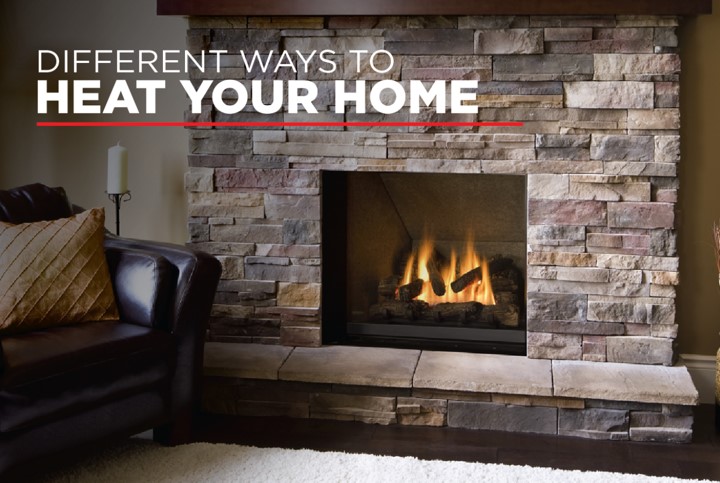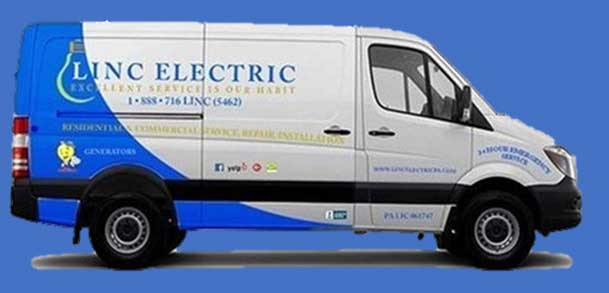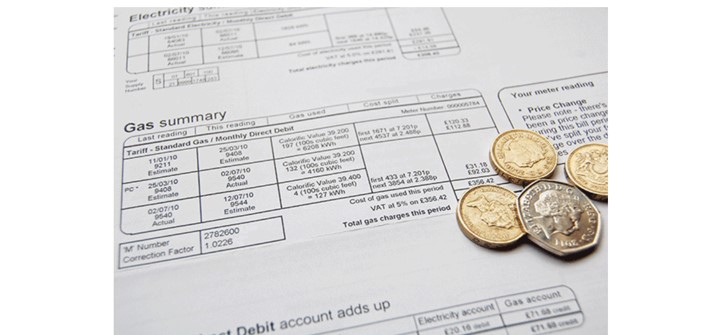How to Choose the Right Heating System for Your Home this Winter

We all know that temperatures can change dramatically, even over the course of a single day. However, there’s no doubt about the fact that it gets chilly just about anywhere and everywhere during winter. With this chill comes the need to heat your home, and it can be hard to choose the right kind of heating for your home’s individual needs. But it doesn’t have to be this way. When winter comes around, it’s worth doing a bit of research into finding the most economical and efficient way to heat your home – what type of heating is best and how you can you save money?
What kinds of heating are available?
There are three main types of heaters; electric heaters, gas heaters and reverse-cycle air conditioners. Each have their own advantages and disadvantages.
Electric heaters
These are generally portable (unless fixed to a wall) and are cheap to purchase. It’s best not to use them in large spaces or for long periods of time, however they work well in bedrooms and sitting by your feet when you’re cold on the couch. Bar heaters are great for bathrooms, as the heat is direct and instant, however there is no thermostat, so you’ll need to use a timer or switch for this option.
There are also fan heaters which heat the air, rather than your body. Convector heaters cause the heated air to rise naturally, so they’re not recommended for rooms with high ceilings. The important thing to remember with electric heaters is to either purchase one that has a thermostat or a timer, so it can be regulated to effectively lower your costs.
Gas heaters
The key with gas heaters is that you need to have a gas outlet to plug them into, which relies on having a gas option in your area or building. However, they are very efficient and good value for money. They’re great for heating medium-sized spaces and are exceptionally quick to heat up the area as well.
Reverse cycle air conditioning
While more expensive to purchase outright than a small electric heater, reverse cycle air conditioning is very effective for heating a space quickly and efficiently, for relatively little power usage. They’re great for use in larger spaces, for example an open-plan living area.
Of course, there are also other options available. Wood burning stoves and fireplaces look beautiful and provide a cozy feel to the room, especially on a cold winter night. Wood is generally available everywhere so you’ll always have warmth, and this can prove quite economical. However there are also challenges associated with this option, with the gas being produced making installation expensive, as the smoke can cause pollution in the house, making maintenance and upkeep tricky.
Ensuring your home is energy efficient
Of course, making sure your home is cozy and warm isn’t just about popping on a heater. There’s no point using all that electricity or gas to warm up an area if there is air escaping through gaps.
The first step to making sure your home is retaining heat is to ensure your insulation is up to scratch. Simply speaking, insulation provides resistance to heat flow, and the more this occurs, the lower your heating cost will be.
Check all doors (internal and external) and all windows for their seals. Make sure all gaps are patched, and for internal doors, consider purchasing a few door snakes to ensure the hot air doesn’t escape, and the cool air doesn’t come in.
The energy savings
For many people, environmental factors come into play when deciding how best to heat a home. Gas heaters and reverse cycle air conditioners produce one-third of the greenhouse gas emissions of electric heaters. So, in terms of energy efficiency, these should be your first options. However, this isn’t always possible, especially if there is no gas connection in your home.
An additional way to help with energy efficiency is to only heat the areas you need heated. While this may sound obvious, with a central ducted air conditioning system it can be difficult. If you are putting an air conditioning system in, try to get it zoned so you can switch off different parts of the house when they’re not being used. While an electric heater costs more and isn’t as energy efficient, it will only heat the space you need heated.
Also, don’t put the thermostat on too high. While you may want it a balmy 77 degrees, keeping the thermostat lower will regulate the temperature much better, and will also save on your energy use. The best winter temperature for your air con to run at is 18 degrees. For each degree, you’re saving about 10 per cent.
Some questions to ask yourself
•Does the room really need a heater, or are there other ways you can ensure the room is warm? Is it only cold because there are draughts coming through openings in the doors and windows?
•How many rooms need to be heated, and can they be zoned rather than heated all at once? This means you’ll use space heaters rather than a ducted system through the whole house.
•How big are the rooms? Will an electric heater do the trick or is it a larger space that you need gas?





